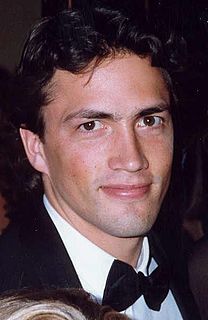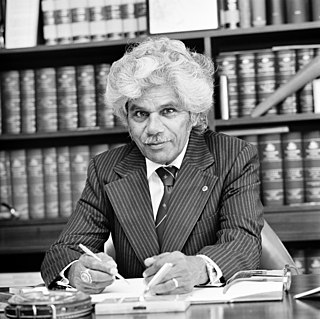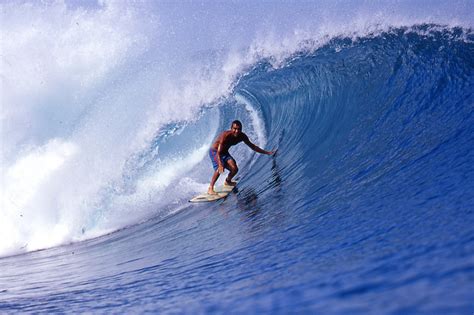A Quote by Jon Stewart
The frustration of our [The Daily] show is- very much outside any parameters of the media or the government. We don't have access to these people, we don't have access. We don't go to dinners we don't have cocktail parties. We don't you know, you've seen what happens when one of us ends up at the White House Correspondents' Dinner, it doesn't end well.
Related Quotes
In the Internet world, both ends essentially pay for access to the Internet system, and so the providers of access get compensated by the users at each end. My big concern is that suddenly access providers want to step in the middle and create a toll road to limit customers' ability to get access to services of their choice even though they have paid for access to the network in the first place.
We're normally caught up in the current of our thinking, feelings and emotions. With awareness, we can observe it all without being swept away. This gives us access to something much vaster and deeper than our usual compressed minds. All of us can access this. It's not so difficult. With some instruction and practice, anybody can do it.
We as Aboriginal people still have to fight to prove that we are straight out plain human beings, the same as everyone else. You know, I grew up, born on a government blanket under a palm tree. I lived under lantana bushes, I've seen more dinner times than I've seen dinners, I've known discrimination, I've known prejudice, I've known all of those things... but some of that is still with us... and it's got to be changed.
Thinking about free speech brought me to media regulation, as Americans access so much of their political and cultural speech through mass media. That led me to work on the FCC's media ownership rules beginning in 2005 to fight media consolidation, working with those at Georgetown's IPR, Media Access Project, Free Press, and others.
When we can let go of what other people think and own our story, we gain access to our worthiness—the feeling that we are enough just as we are and that we are worthy of love and belonging. When we spend a lifetime trying to distance ourselves from the parts of our lives that don’t fit with who we think we’re supposed to be, we stand outside of our story and hustle for our worthiness by constantly performing, perfecting, pleasing, and proving. Our sense of worthiness—that critically important piece that gives us access to love and belonging—lives inside of our story.
We don't believe in limiting access to our product. We believe that making our ticket sales available on as many sites as possible is good for the studios and good for us. We have on any given day 25,000 show starts - five show times at 5,000 screens. We have 1M seats more or less in our circuit. So I have 25M sales opportunities every single day. Why would I want to limit access?
There is no law that guarantees press access to the White House. Communication was lessening during the Obama years. There was every reason to suspect that Trump was going to create an adversarial relationship and that people were going to be faced with the impossible dilemma between sort-of-complicity and access.


































